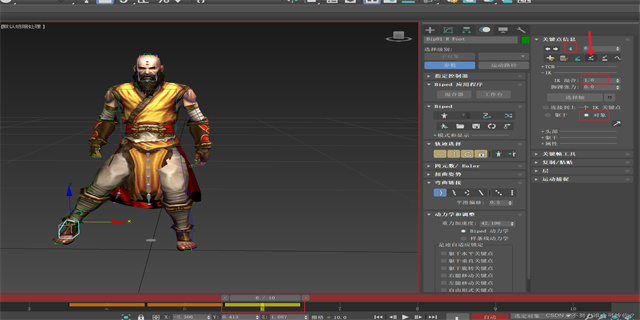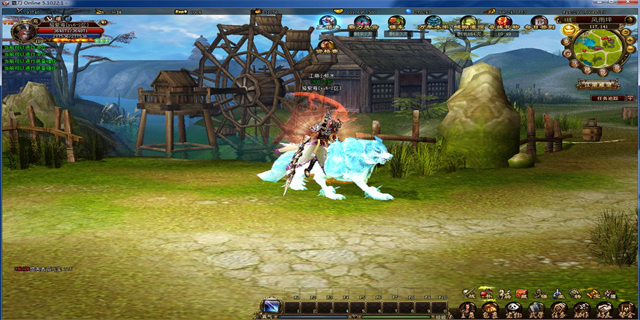Discriminatory Attitudes: A Barrier to Unity
Discrimination is a key issue that has divided societies across the world for centuries. It is the attitude of treating people differently based on their race, gender, ethnicity, sexual orientation, religion, or any other attribute that makes them stand out from the majority. Discrimination is a form of injustice and a violation of fundamental human rights, as it prevents individuals from achieving their full potential and hinders them from participating fully in their communities. In this article, we will explore the different types of discrimination, the consequences of discrimination, and how to combat discriminatory attitudes.
The Different Types of Discrimination
Discrimination comes in many forms and can be intentional or unintentional. The most common types of discrimination are:

- Racial discrimination: This is the act of treating people differently based on their race or ethnicity. It can be overt, such as using racial slurs or refusing to hire someone because of their race, or it can be covert, such as excluding certain groups of people from social activities.
- Gender discrimination: This is the act of treating people differently based on their gender. It can be seen in the workplace, where women may receive lower pay than men for doing the same job, or in education, where girls may be discouraged from pursuing certain subjects.
- Social discrimination: This is the act of treating people differently based on their social status. It can be seen in the way people from lower-income backgrounds are sometimes treated as second-class citizens.
The Consequences of Discrimination
Discrimination has numerous negative consequences for individuals, communities, and society at large. Discrimination can lead to:
- Physical and emotional harm: Victims of discrimination may experience physical or emotional harm, ranging from minor injuries to severe psychological trauma.
- Social exclusion: Discrimination can lead to social exclusion, which can affect an individual's ability to participate fully in their community, hindering their social, economic, and political advancement.
- Low self-esteem and lack of confidence: Discrimination can cause an individual to experience low self-esteem and lack of confidence, leading to poor mental health and reduced well-being.
- Increased tension: Discrimination can increase tension between different groups, leading to conflict and division, which can ultimately affect social stability and cohesion.
Combating Discriminatory Attitudes
Combating discriminatory attitudes requires a concerted effort from individuals, communities, and society at large. Here are some ways to combat discriminatory attitudes:

- Educate yourself and others: Education is the key to combating discriminatory attitudes. We need to educate ourselves and others about the harmful effects of discrimination and the importance of treating all individuals with dignity and respect.
- Speak out against discrimination: We must challenge discriminatory attitudes whenever we see them. We can do this by speaking out against discrimination, reporting incidents of discrimination, and engaging in constructive dialogue with others.
- Promote diversity and inclusion: We should promote diversity and inclusion in all aspects of our lives, including the workplace, education, and social activities. This can help break down barriers between different groups and promote understanding.
- Support anti-discrimination policies: We should support anti-discrimination policies and initiatives that promote equality and justice for all individuals.
- Lead by example: We can lead by example by treating all individuals with dignity and respect, regardless of their race, gender, ethnicity, or any other attribute that makes them stand out from the majority.
In conclusion, discrimination is a deeply rooted issue that affects individuals, communities, and society at large. Combating discriminatory attitudes requires a concerted effort from all of us. By educating ourselves, speaking out against discrimination, promoting diversity and inclusion, supporting anti-discrimination policies, and leading by example, we can break down barriers and build a more inclusive and just society for all.



























